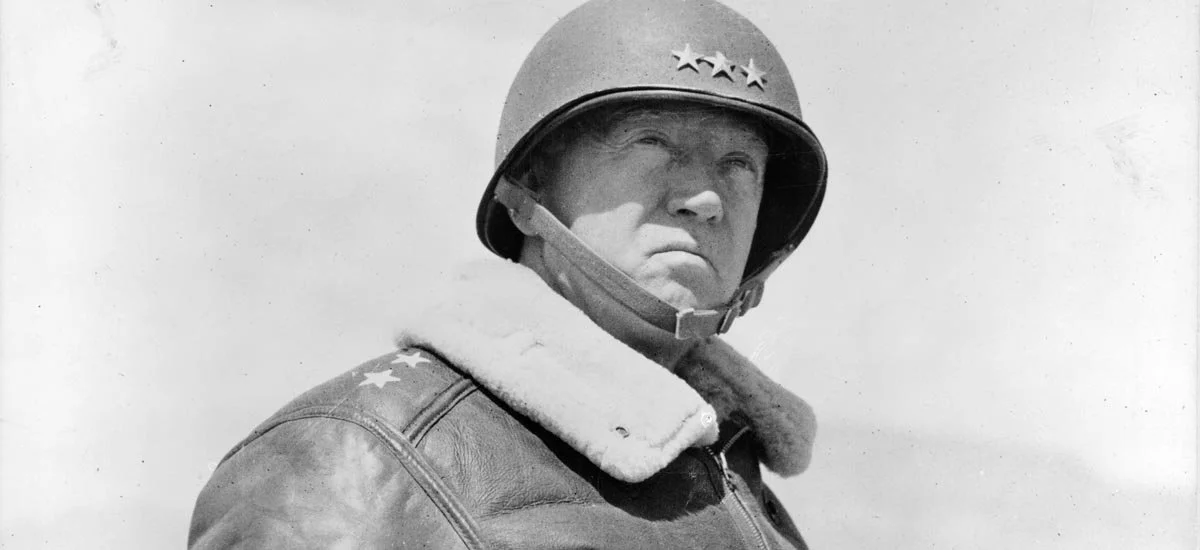The Way of the Warrior: Ron Chernow’s "Grant"
“In every battle there comes a time when both sides consider themselves beaten, then he who continues the attack wins.” — “The Complete Personal Memoirs of Ulysses S. Grant”
“Grant,” historian Ron Chernow’s remarkable biography of Ulysses S. Grant, is a life story well told and one that denies past hack historian interpretations the opportunity to rest their laurels on categorizing the man as merely an obscure 19th-century president, a drunk and a questionable war hero.
In reality, Ulysses Grant was the most beloved American of his time. Is this man worth remembering now? Absolutely.
Chernow introduces us to a man who survived an arduous rising star journey within Winfield Scott's army during the immense successes of the Mexican-American War, to mid-life civilian disgrace at age 35, to the rank of Lieutenant General as Commander of the Army of the Potomac by age 42 — a testament to the power of risk-taking and dogged persistence on and off the battlefield. A man with “a reputation as the American sphinx, the man of deeds rather than words” as General William Tecumseh Sherman once described Grant not long after the Civil War's conclusion.
Chernow’s book does a masterful job of avoiding speculation, something that cannot be said for other recent Grant biographers of late. Far more dependent on Grant’s own writings, letters to his beloved wife Julia, battlefield correspondence between he and President Abraham Lincoln, Secretary of War Edwin Stanton, Generals Sherman and Henry Halleck, as well as his own field command, Chernow merely takes the role as perceptive, non-partisan observer. Brought to life are Grant’s exploits and first signs of strategic brilliance during the Mexican-American War (where he fought alongside many fellow West Point graduates and future Civil War nemeses like Confederate Generals Robert E. Lee, Braxton Bragg and Albert Sidney Johnston), a decade of civilian life failure as both a businessman and farmer, to a once-again rising military star at the opening of the American Civil War. Deemed a last chance at redemption, Grant’s genius in battlefield strategy proved itself a natural ability, exhibiting a life of military leadership he was meant for.
As Abraham Lincoln once said of Grant “He makes them git! Wherever he is, things move!”
History has far-too-long denied Ulysses Grant’s much-deserved credit and place. Critics declared him a butcher for his notorious, albeit highly-effective tactics of search and destroy when it came to dealing with Lee’s Army of Northern Virginia and blockading/decimating crucial Confederate supply routes, rather than the far less effective (and more time and manpower-consuming) strategy of key ground occupation. Encircling and starving out Lee’s army and the civilian populace of the Confederate capitol of Richmond, Virginia was Grant’s ultimate goal, even at the loss of tens of thousands of Union troops each week during the Overland Campaign throughout the spring of 1864. The horrific number of Federal dead fueled the critics who wanted Grant’s ouster, especially after Union slaughters at the Battles of The Wilderness, Spotsylvania Courthouse and Cold Harbor.
But it was the Union launch of the Savannah Campaign of late 1864 that ultimately brought the dwindling remains of Lee’s Confederate Army to its knees. Grant, knowing that annihilating Confederate strategic, psychological and economic means of waging war could end four years of bloodshed, authorized Sherman’s plan of “total war.” Sherman led a force of 62,000 troops on a scorched earth campaign through the south that forged a pathway of destruction through Georgia, beginning with the burning of Atlanta and ending on the Atlantic coast in the crucial Confederate port city of Savannah. The tactic worked and the war ended just a few months later with Lee formally surrendering to Grant at Appomattox Courthouse on April 9, 1865 — Palm Sunday.
Grant’s war years were his grandest successes. But his post-war failures are as equally notorious. As president for two terms after the Civil War, he proved himself blind to financial subterfuge among his allies, reinforcing an inability to protect the integrity of his administration. His detractors often ranked him as one of America's worst presidents, and one who did little to move the country forward in the Radical Reconstruction era.
But even that label can be questionable amongst Grant’s accomplishments as president, which included the enforcement of the Civil Rights Act of 1875 for African Americans in the Reconstruction states, the signing of the Amnesty Act of 1872, and passage of the Ku Klux Klan Act of 1871. The latter gave Grant executive powers to declare nationwide martial law and suspend habeas corpus in areas "deemed to be in a state of insurrection."
Upon Grant’s death in August 1885 from throat cancer, he was perhaps America’s most famous citizen. His historic memoirs, completed just three days before his passing, rank amongst the greatest ever written.
Chernow’s fine biography is a fascinating, in-depth study of a genuine American hero. Grant’s legacies as a warrior and military leader are indelible, his status as the man who saved the Union, undeniable.
May history one day recognize the man and leader it has far too long ignored.





